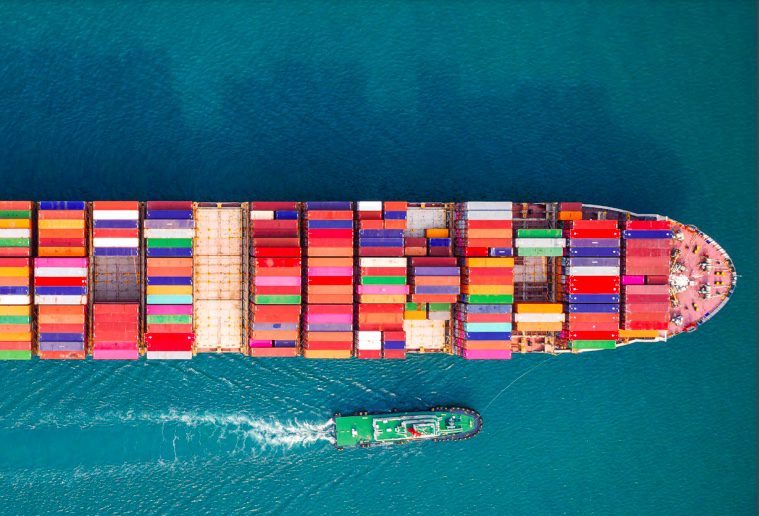
Risky Business: A Modern Slavery Risk Profile of Aoteroa New Zealand Businesses
Forward
Like you, I believe in a future where everyone, everywhere is free from slavery, safe at work and treated with dignity.
Right now though, modern slavery stands in the way of this for a staggering 50 million people around the world. Many of these are children, who are forced into exploitative work at the expense of receiving an education. The impact of global crises, including climate change, COVID-19, disasters and conflicts, has only exacerbated this.
Here in New Zealand, we are connected to modern slavery, including child labour, through the products and services that are in our homes and workplaces. However, unlike Australia, Canada, the United Kingdom and several European countries, we do not have modern slavery legislation that requires businesses to investigate and disclose the risks of modern slavery in their operations and supply chains. This means that the everyday goods we use could be made by the hands of children or those forced into labour, and businesses aren’t required to bear any responsibility.
World Vision, alongside allied NGOs, businesses and the public, has spent two years urging the New Zealand Government to implement modern slavery legislation. Open letters, public petitions, modern slavery leadership advisory meetings, a public consultation process and a proposal for legislation have been progressed with overwhelming support. However, at the time of publishing, there is still no bill before parliament.
World Vision New Zealand’s Risky Business: A Modern Slavery Risk Profile of Aotearoa New Zealand Businesses report therefore comes at an important time. Published to show the lie of the land before modern slavery legislation is introduced, the results are confronting. Most New Zealand businesses are procuring products and services at high risk of being made using modern slavery and exploitation. Despite this, many New Zealand businesses have a very limited understanding of modern slavery, don’t know who is making their products, and are taking no action to address the risks of slavery in their supply chains.
This report clearly shows that, without legislation, it is unlikely that most New Zealand businesses will voluntarily address modern slavery in their supply chains. This means that New Zealand consumers cannot have confidence that the products they buy are free from exploitation. It also means that New Zealand sits behind many of our trading partners where supply chain transparency and modern slavery legislation are standard practice.
The days of ‘don’t ask, don’t tell’ whether people have been enslaved to make the products we use are finally drawing to a close. It is time for Aotearoa New Zealand to do the right thing and implement modern slavery legislation. It is not only our moral duty to protect the rights of people around the world, but it is critical to New Zealand’s continued competitiveness and access to international markets. Modern slavery legislation cannot be delayed any further.
The findings and recommendations in this report speak for themselves. They come on the heels of a recent poll that showed overwhelming public support from across the political spectrum for modern slavery legislation. We urge the New Zealand Government to take swift action to implement modern slavery legislation in 2023. Together, we can make a world that respects the dignity of all people and families, no exceptions. Kia tau te rangimārie – peace to you, 01 Foreword Grant Bayldon National Director World Vision New Zealand
